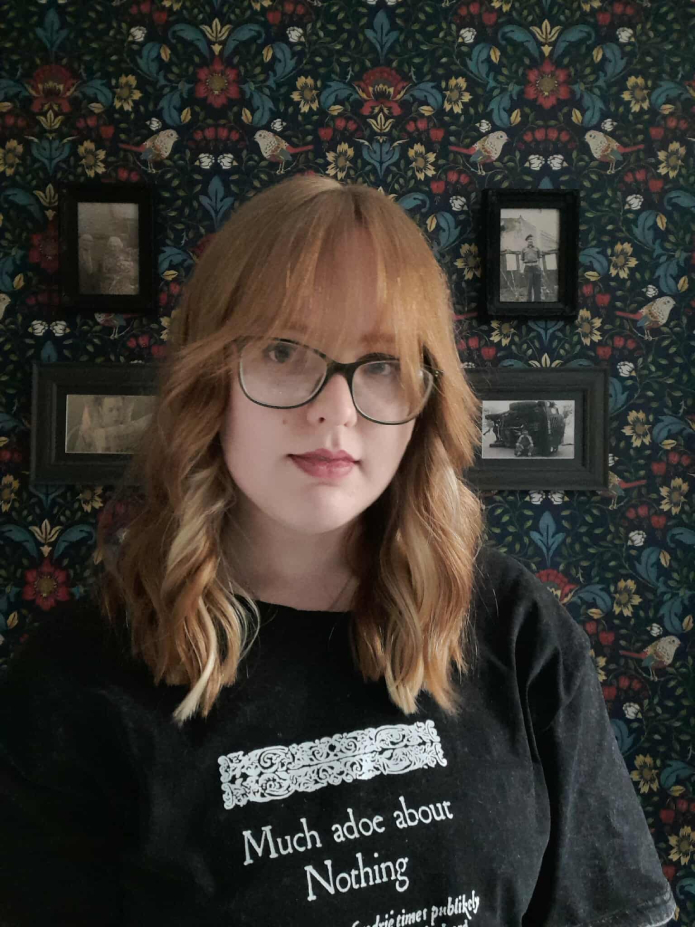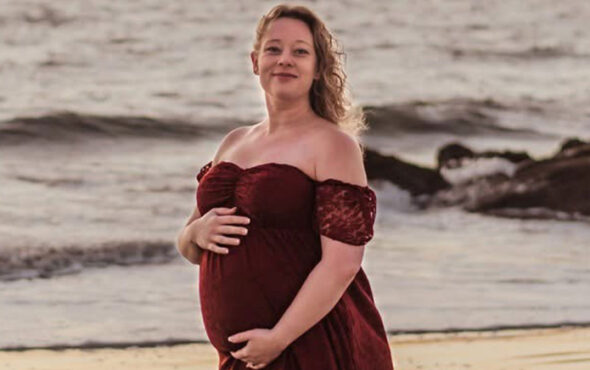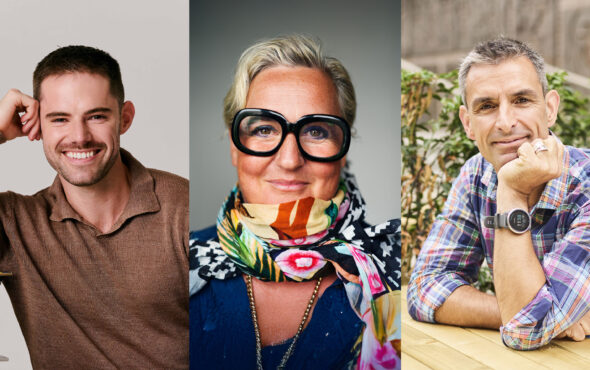
“Love is Love” is one of the cornerstones of Pride. A rallying cry that has been chanted at protests, printed on badges and flags, and plastered across every sanitised corporation’s obligatory Pride post. The slogan helped pressure governments into recognising that LGBTQIA+ people deserve the same rights and legal protections as everyone else. In many ways, it worked.
It has become so acceptable that there are even discussions in the LGBTQIA+ community about whether the phrase should be retired, believing that it has surpassed its role and is now a relic of campaigns past. That we should all move on.
But we didn’t win – not all of us. Because in the UK and around the world, disabled people are still waiting for true equal marriage.
Legally, disabled people can marry. But the benefits system punishes many of us for doing so. In the UK, under the Welfare Reform Act 2012, once a couple is legally married or in a civil partnership, their income is assessed jointly. For disabled people who rely on benefits to survive and to cover the high cost of accessible living, marriage can mean those vital funds are reduced or cut entirely.
The result? Disabled people are forced into financial dependence on their partners. We risk losing not just money, but freedom. This policy increases the risk of abuse, creates enormous strain on relationships, and reinforces the dehumanising idea that disabled people are a “burden” to be passed from the state to a spouse.
Many disabled people work. But benefits often cover essential equipment, mobility aids, specialist care and other life-sustaining needs. For those who don’t or can’t work, benefits are a lifeline. That lifeline shouldn’t vanish because we fall in love.

According to research by Scope, disabled households need an average of £1,010 more per month to achieve the same standard of living as non-disabled households. Without the additional funds that come from the benefits system, this devastating burden can and does destroy lives.
This isn’t marriage equality. This is a system that forces disabled people to choose between independence and intimacy, between family and financial survival. “Love is Love” was supposed to be for all of us.
No disability benefit should be judged based on someone else’s income. No one should have to weigh up whether saying “I do” means losing the ability to live their lives.
As a queer disabled person, I remember the joy of seeing marriage equality finally pass in the UK, and later in Ireland. I remember the tears, the celebrations, the feeling that life was truly getting better for us.
Now, I’m at the age where straight and queer friends are planning weddings, talking flowers and venues and who’s going to cry first at the ceremony.
I’m happy for them. I really am. But I’m also angry. Because if I ever get proposed to, I won’t be able to just say yes. I’ll have to calculate the cost. I’ll have to think about the risk. What happens if my condition progresses and I can no longer work? Would my partner resent me? Would I become another statistic about abused disabled people who can’t afford to leave their spouse? I’ll have to sit my partner down and have that conversation that no one should have to have. The one where I explain that marriage, for me, could mean losing everything I rely on to live.
This Pride season, let’s remember what started all of this. Let’s remember that the fight wasn’t just for rainbow cakes and hashtags, it was about love. It still is.
We need to return to the roots of our movement and demand true marriage equality. For queer people, for disabled people, for all of us. Because love is still love. And love still deserves better.
Sarah is an ambassador for Just Like Us, the LGBTQIA+ young people’s charity. LGBTQIA+ and 18 to 25? Sign up now!

